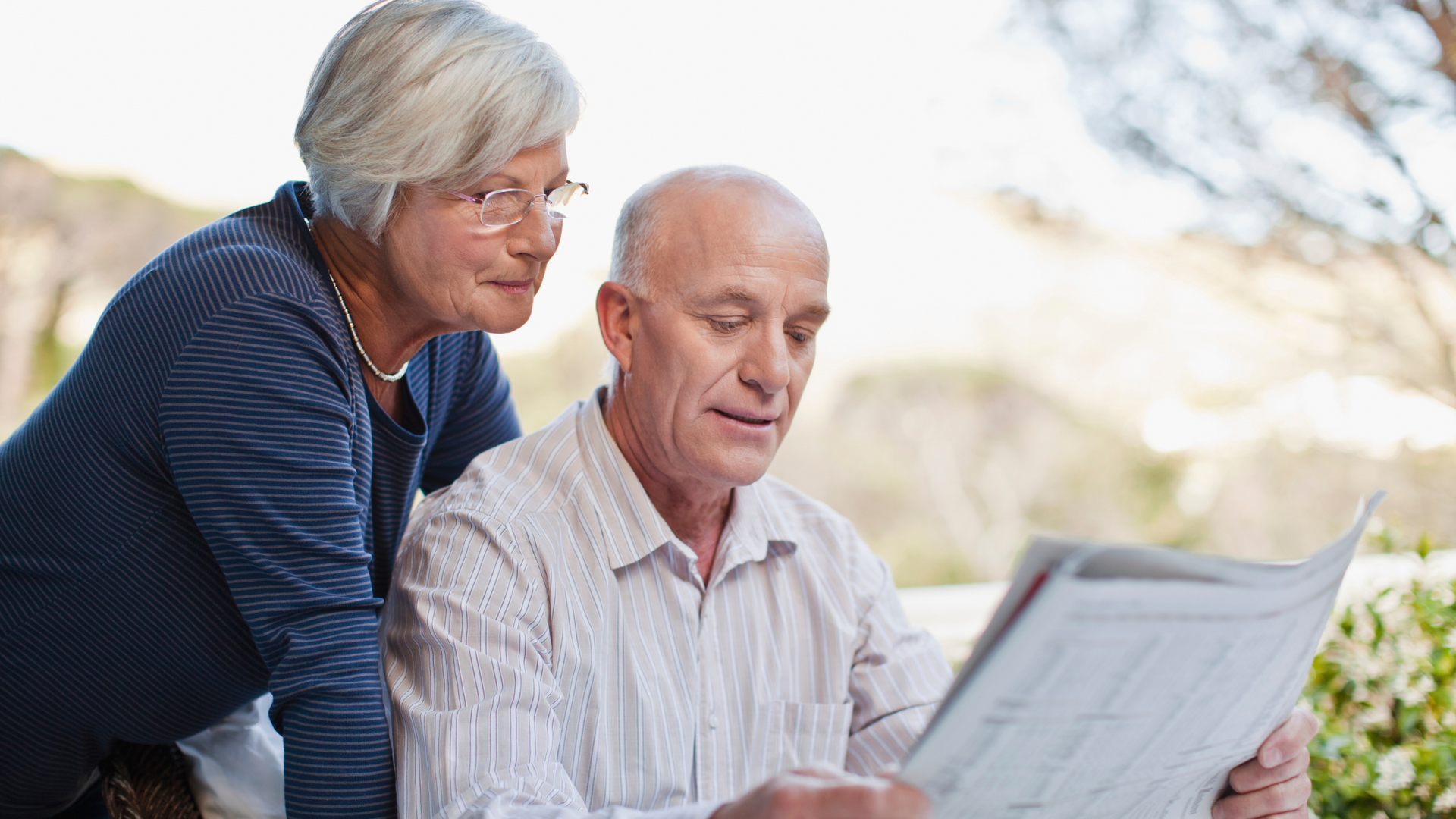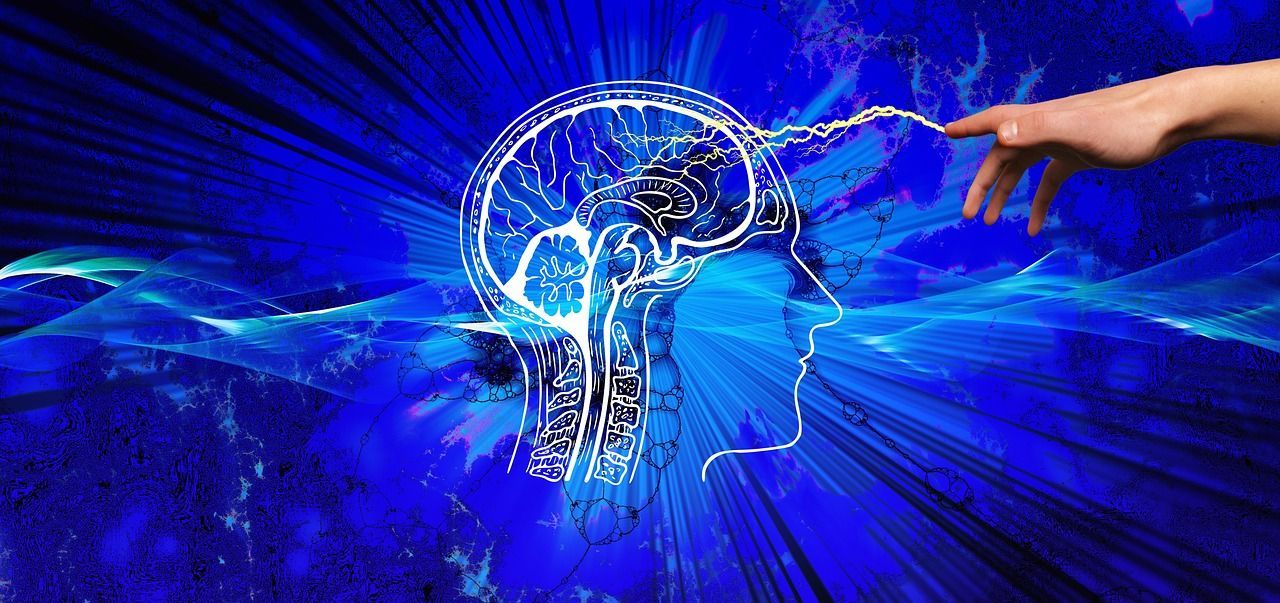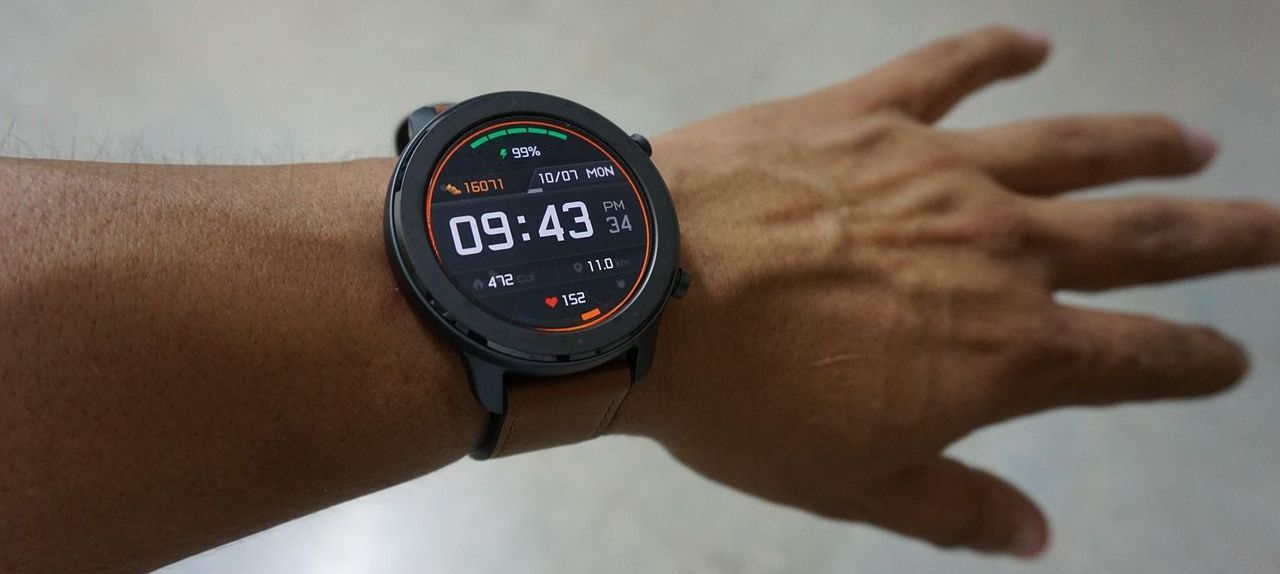The Role of Blockchain in Healthcare for Seniors

About the Author
Ron B is a globally recognized expert in personal and professional development, holding multiple advanced certifications, including:
- Master Practitioner of NLP (MNLP): Expert in Neuro-Linguistic Programming, helping individuals rewire their thought patterns for success.
- Master NLP Coach (Executive & Life): Skilled in coaching executives and individuals to reach their full potential.
- Master Practitioner of Timeline Therapy™ (MTLT): Specializing in releasing negative emotions and limiting beliefs to foster a more empowered future.
- Board Designated Hypnosis Trainer (TCHt): Authority in utilizing hypnosis for transformation and behavioral change.
- Certified Value Builder: Proficient in enhancing business value and driving entrepreneurial success.
- International Tax Specialist: Knowledgeable in global tax strategies and financial planning.
With a deep passion for guiding people towards greater health and wealth, Ron B has dedicated their career to being a catalyst for change. They advocate for a shift from our current reactive sick care system to one of proactive care, empowering individuals to take charge of their well-being and financial future.
Through this blog, Ron B aims to share insights, strategies, and inspiration, helping entrepreneurs lead energized and lengthy lives that are fulfilling.
Introduction
In recent years, blockchain technology has gained significant attention in various industries, including healthcare. As the global population ages, seniors require more reliable and efficient healthcare solutions. Blockchain presents an opportunity to enhance medical data security, streamline processes, and improve access to healthcare for elderly individuals. This blog explores how blockchain can revolutionize healthcare for seniors.
Enhanced Data Security and Privacy
One of the major concerns in senior healthcare is the security of sensitive medical records. Governments spend significant time and money on traditional technology hardware and software, all aimed at protecting healthcare databases from cyberattacks and data breaches. They have created privacy departments backed by privacy laws, as well as cybersecurity policies to handle the potential exposure of personal health information. The alternative is blockchain technology, with its decentralized and encrypted nature. Even as an emerging technology, blockchain ensures that medical records remain secure. Each transaction is recorded on a distributed ledger, making it nearly impossible for unauthorized parties to alter or steal data.
Improved Access to Medical Records
Many seniors receive care from multiple healthcare providers, making it difficult to maintain a consistent and accurate medical history. Blockchain allows everyone across the care continuum to record, track, and see the same data—essentially enabling the seamless sharing of medical records across hospitals, clinics, and caregivers. With patient consent, authorized personnel can access real-time health information, ensuring better coordination and improved treatment outcomes.
Reducing Fraud and Errors
Healthcare fraud is a growing concern, with seniors being particularly vulnerable to scams and identity theft. Blockchain's transparency and immutability help prevent fraudulent activities by ensuring that all transactions and data modifications are recorded and verified. Additionally, blockchain minimizes errors in prescriptions, insurance claims, and billing processes, reducing the likelihood of costly mistakes and the need for repetitive examinations and tests.
Streamlining Insurance and Billing
The complexity of medical billing and insurance claims can be overwhelming for seniors. Blockchain automates and simplifies these processes through smart contracts—self-executing contracts that automatically process transactions when predetermined conditions are met. This reduces paperwork, eliminates intermediaries, and speeds up reimbursements, allowing seniors to focus on their well-being.
Enhancing Telemedicine and Remote Care
With the rise of telemedicine, seniors can receive medical consultations without traveling long distances. Blockchain facilitates secure and verified digital identities, enabling seamless authentication for virtual healthcare services. Furthermore, blockchain-powered wearable devices can securely store real-time health data and update centralized databases, thereby providing doctors with valuable insights over geographical distances to monitor chronic conditions and recommend timely interventions. These advancements are particularly beneficial for rural or remote communities.
Improving Mobility and Reducing the Need for Travel
Mobility challenges are a major concern for many seniors, making travel to healthcare facilities difficult and, at times, hazardous. Blockchain can significantly reduce the need for in-person visits by enabling secure remote healthcare interactions. Through blockchain-integrated telemedicine and home health monitoring systems, seniors can receive virtual consultations, remote diagnostics, and even medication prescriptions without leaving their homes. Emergency medical data can be shared instantaneously with first responders, ensuring timely and accurate treatment in urgent situations.
Additionally, blockchain-enabled smart contracts can facilitate automated medical supply deliveries, ensuring that seniors receive necessary medications and health supplies at home without unnecessary travel. By integrating blockchain with AI-powered health assistants, seniors can also receive personalized health guidance, reminders for medication adherence, and alerts for potential health risks—enhancing their ability to manage their health independently.
Facilitating Clinical Trials and Research
Seniors are often included in clinical trials for new treatments and medications. However, participation is hindered by concerns about data security and transparency. Blockchain ensures the integrity of clinical trial data, allowing researchers to track progress and maintain an accurate record of patient participation. This fosters trust and encourages more seniors to take part in medical research.
Challenges and Future Prospects
Despite its potential, the adoption of blockchain in senior healthcare faces several challenges, including regulatory barriers, technical complexities, and the need for widespread collaboration among healthcare providers. However, as the technology matures and awareness grows, blockchain is expected to play a crucial role in making senior healthcare more efficient, secure, and accessible.
Conclusion
Blockchain technology holds immense promise for transforming healthcare for seniors by enhancing data security, streamlining processes, improving accessibility to medical services, and addressing mobility challenges. As the healthcare industry continues to evolve, embracing blockchain can extend the self-care independence of seniors, lead to better health outcomes, reduced costs, and greater peace of mind for elderly individuals and their families. The future of senior healthcare is digital, and blockchain is set to be a vital component of this transformation.
To stay informed on this and other developments in longevity health and wellness topics, please join me aboard The Longevity Train. We start with a call to explore where you are and where you wish to be with your health.
Get your FREE Guide to Graceful Aging - 6 Tips To Avoid Red Face Moments, by clicking on the button below.







Energized Aging For Entrepreneurs




